
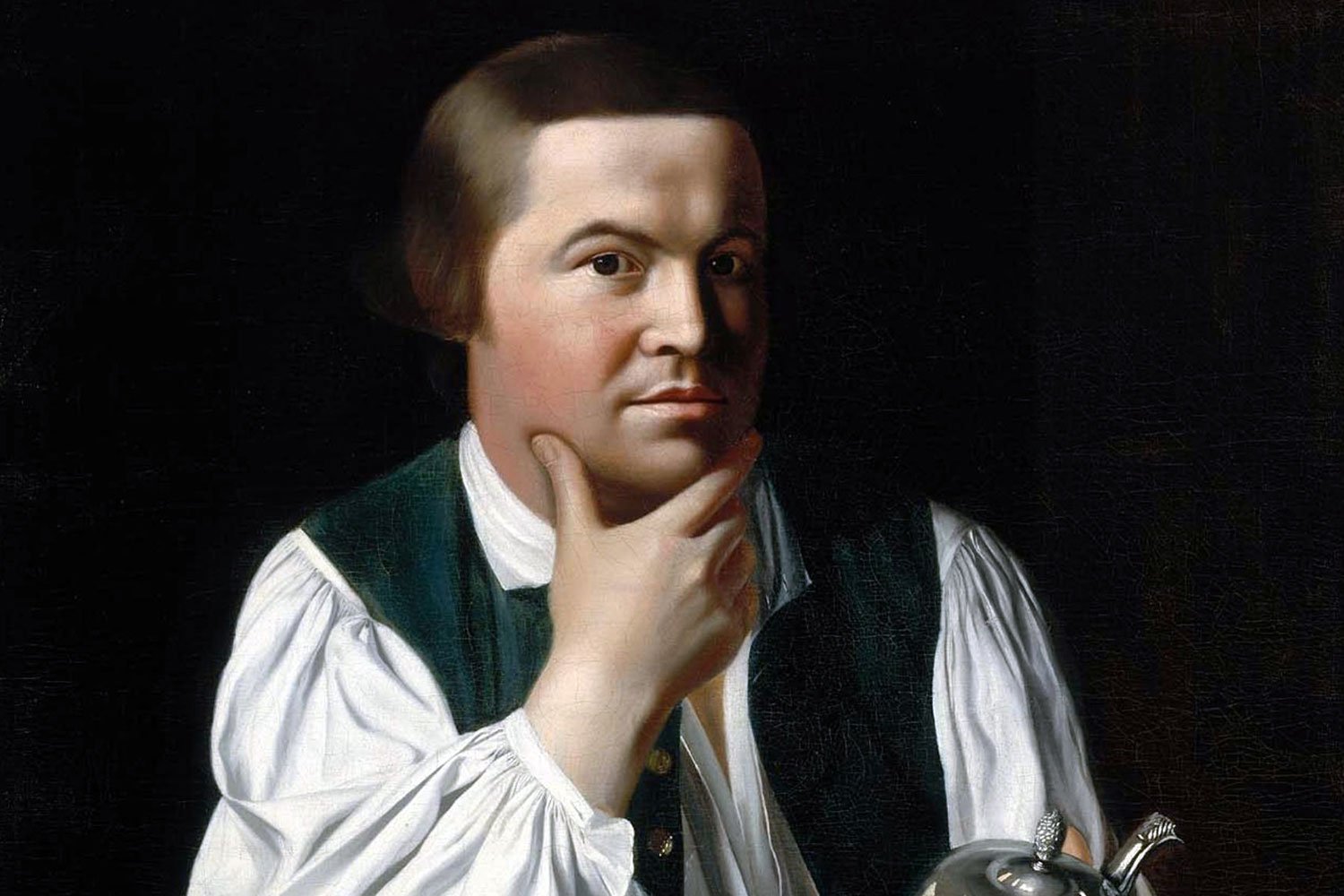
The Midnight Ride of Paul Revere
The story of Paul Revere and his Midnight Ride is one of the many fascinating subjects of the grand American past. Taking place in conjunction with the Battles of Lexington and Concord, on April 19, 1775, the tale has passed down from generation to generation.
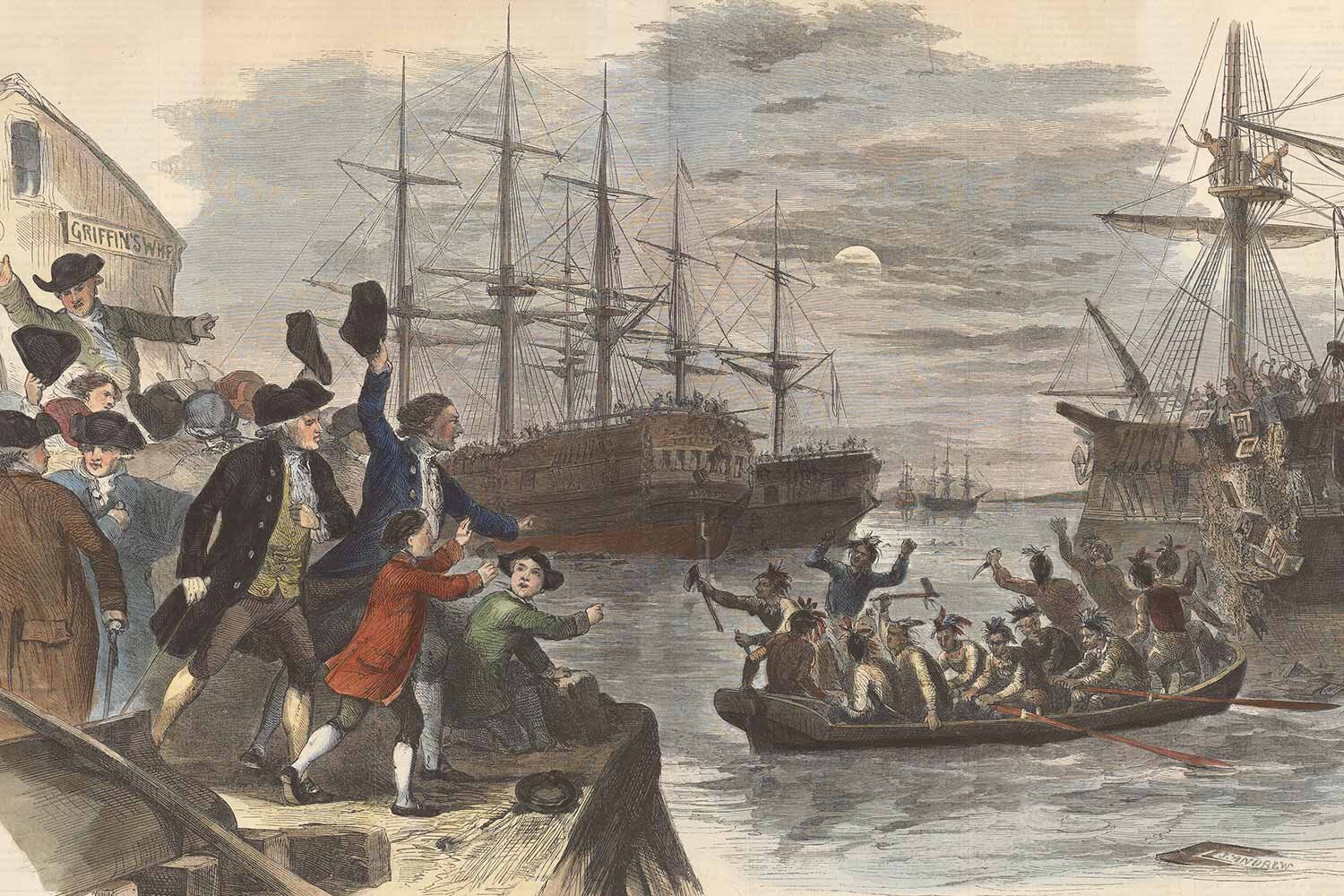
The Boston Tea Party Takes Colonists Past the Point of No Return
The Boston Tea Party is one of the most iconic moments in American history. In some ways, it sealed our fate to separate from England and become our own nation. The road that led to this watershed event began several years earlier with the Townshend Acts.
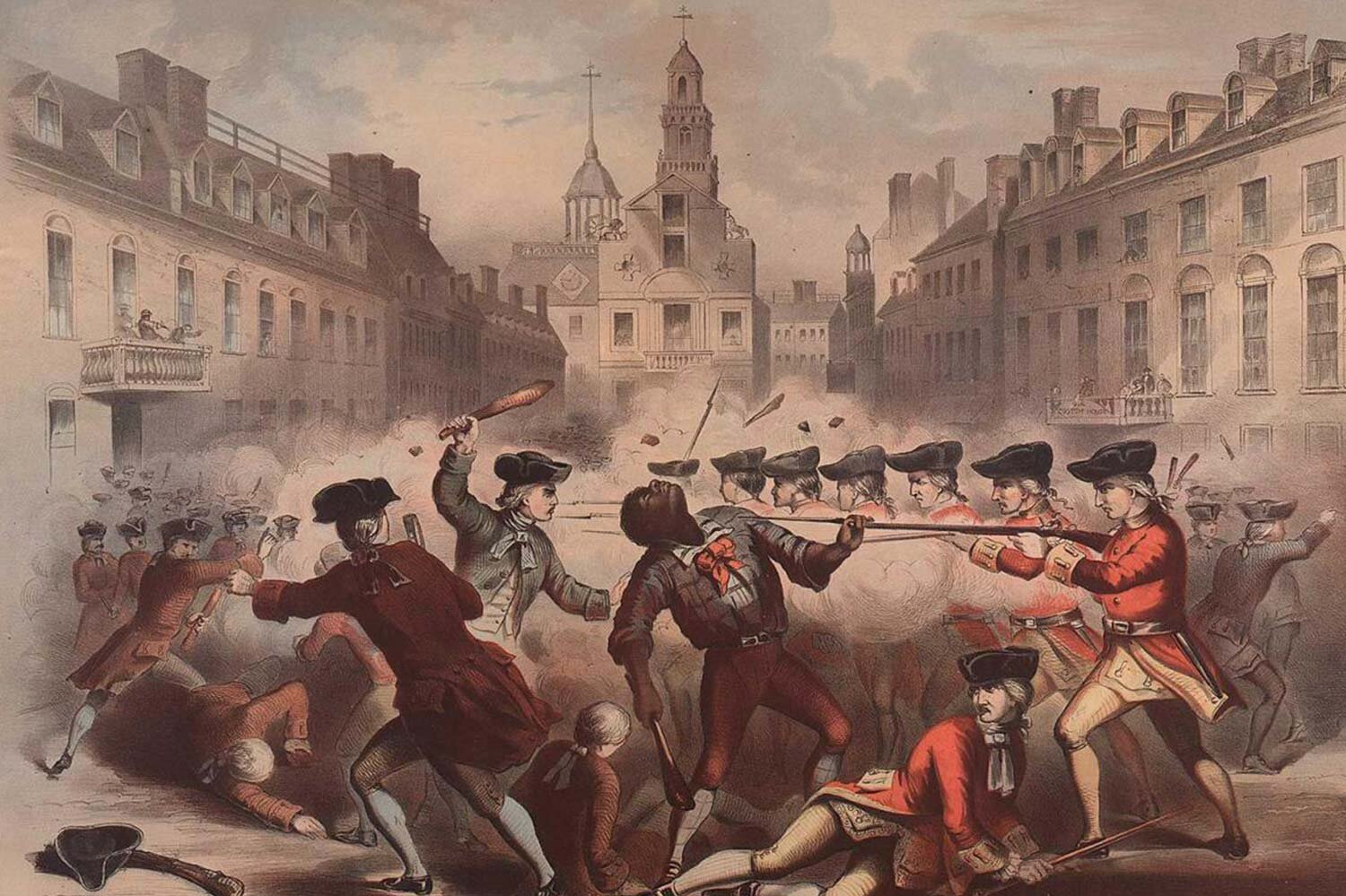
Aftermath of the Boston Massacre
The violence on the evening of March 5, 1770, in Boston is known to us today as the Boston Massacre. It was an unfortunate incident that left five people dead and growing anger between American colonists and leaders in England.
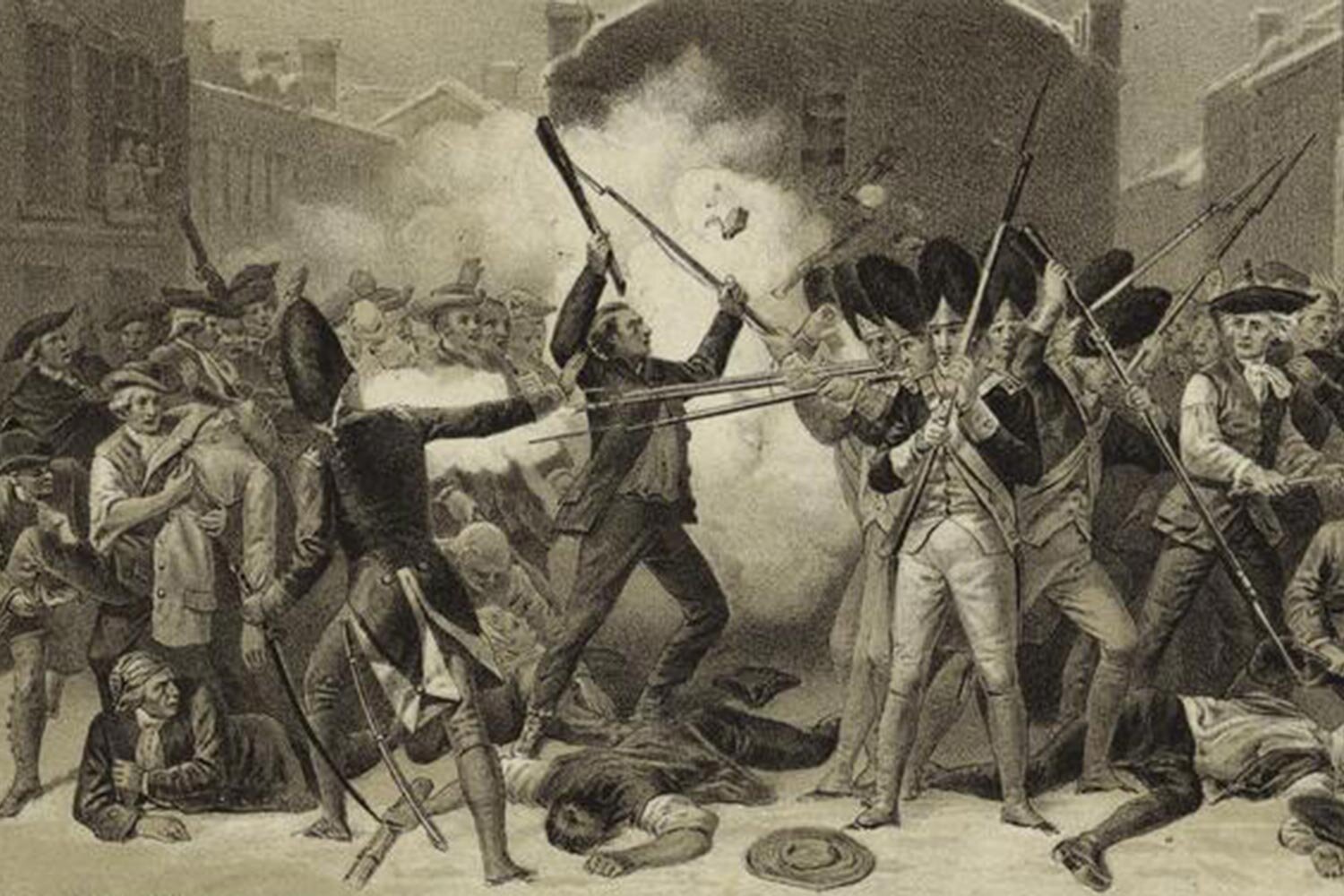
Mob Violence and the Boston Massacre
The Boston Massacre was a sad, tragic affair in colonial America and the facts surrounding the event are little understood today. It is a lesson in the danger of mob violence and how matters can quickly get out of hand when leaders do not act responsibly.
Fort Ticonderoga: A Key Component in America’s Quest for Independence
Fort Ticonderoga in upstate New York is arguably the best-preserved fort from the 1700s in North America. It was the site of several engagements in both the French and Indian War and the American Revolution. Its military significance is matched only by the natural beauty that surrounds the site.
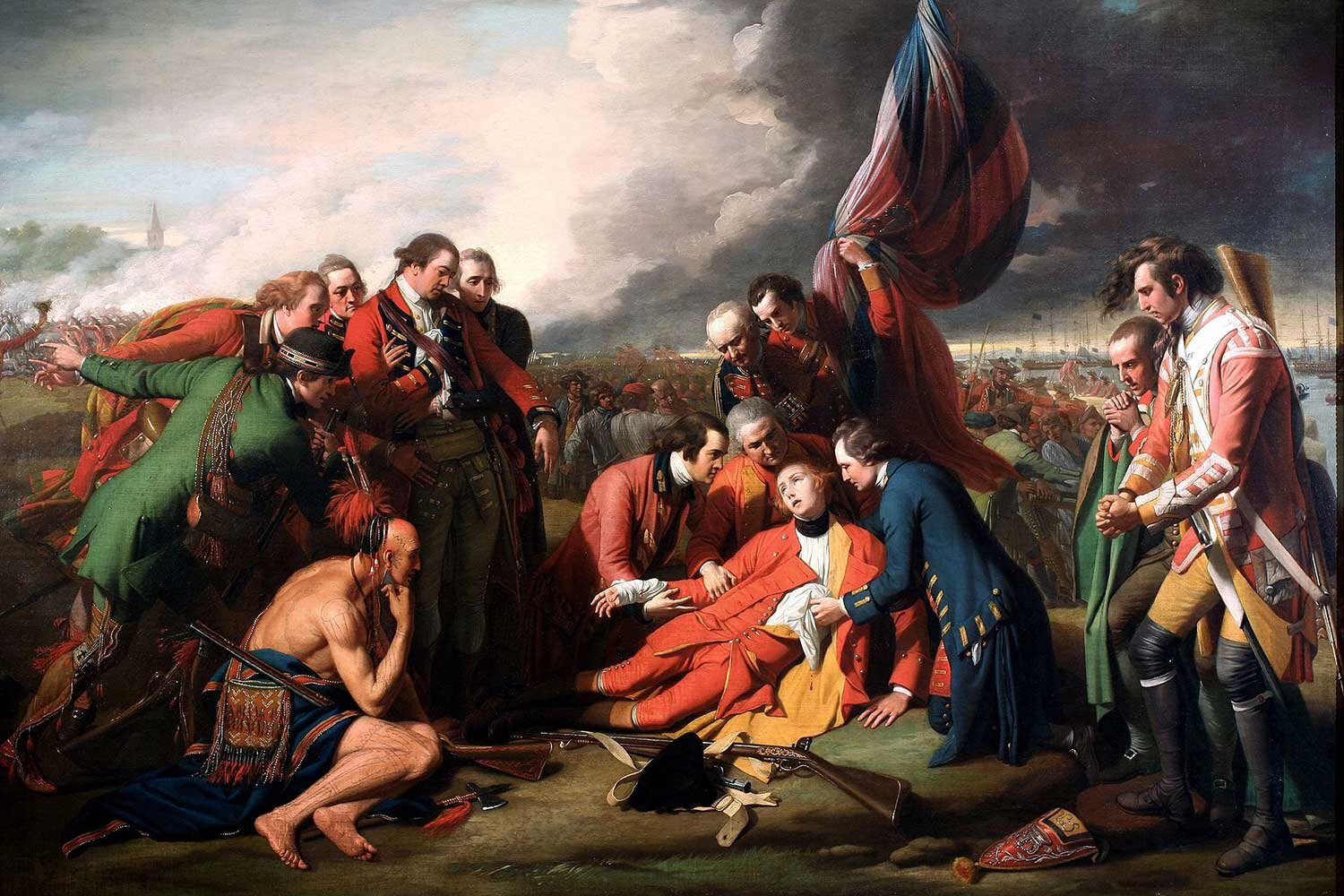
The French and Indian War: Fighting for Control of North America
The French and Indian War was fought between England and France in the mid-1700s over which nation would control North America. The consequences of that conflict led directly to the American Revolution.
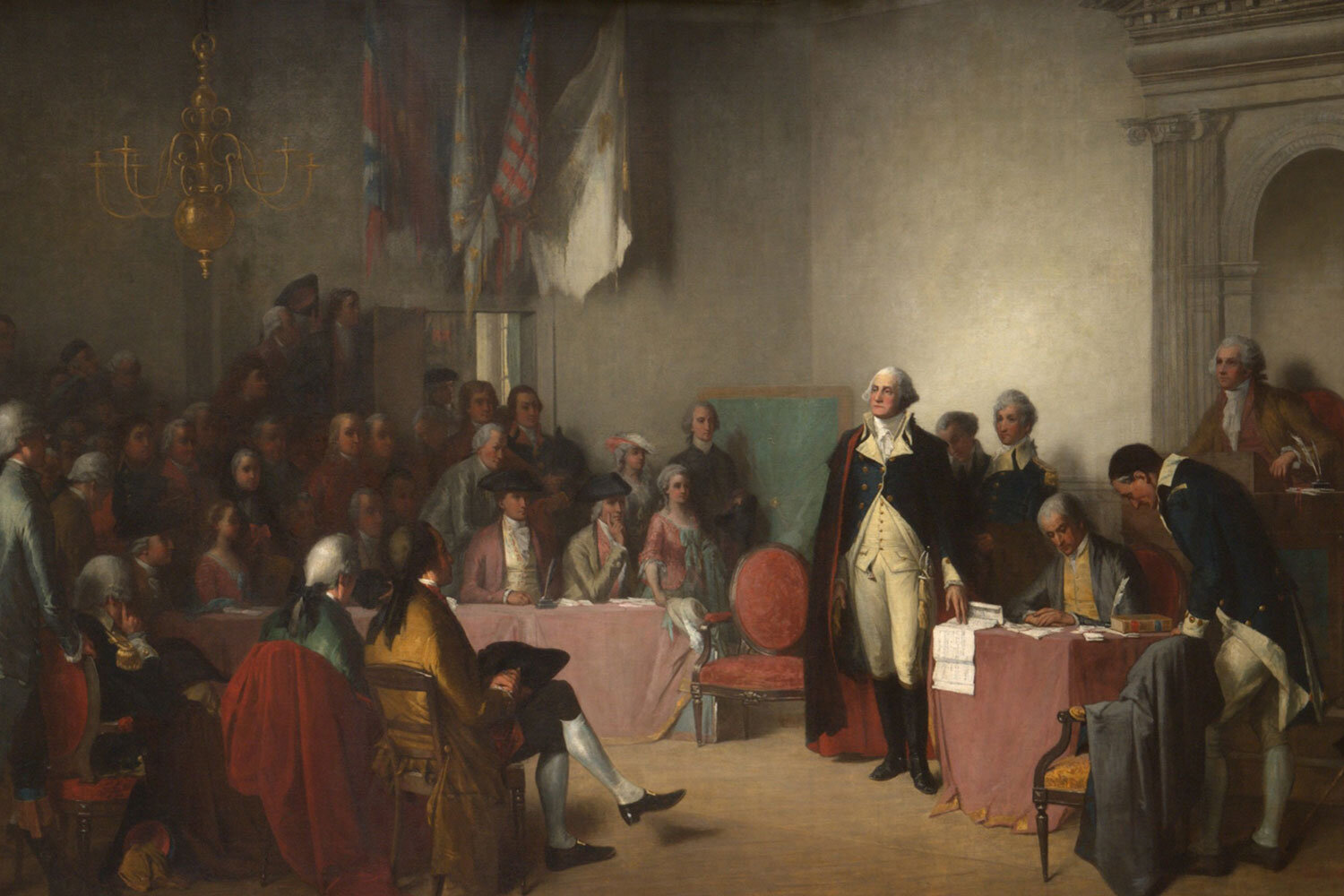
The Newburgh Conspiracy: George Washington Resists a Chance to Be King
The Newburgh Conspiracy represents a time when our nation came closest to deviating from our core revolutionary principles of representative government with civilian control of the military. Because of a weak Confederation Congress and unhappiness within the officer ranks of the Continental Army, the stage was set for our new nation to drift into a military dictatorship or monarchy.
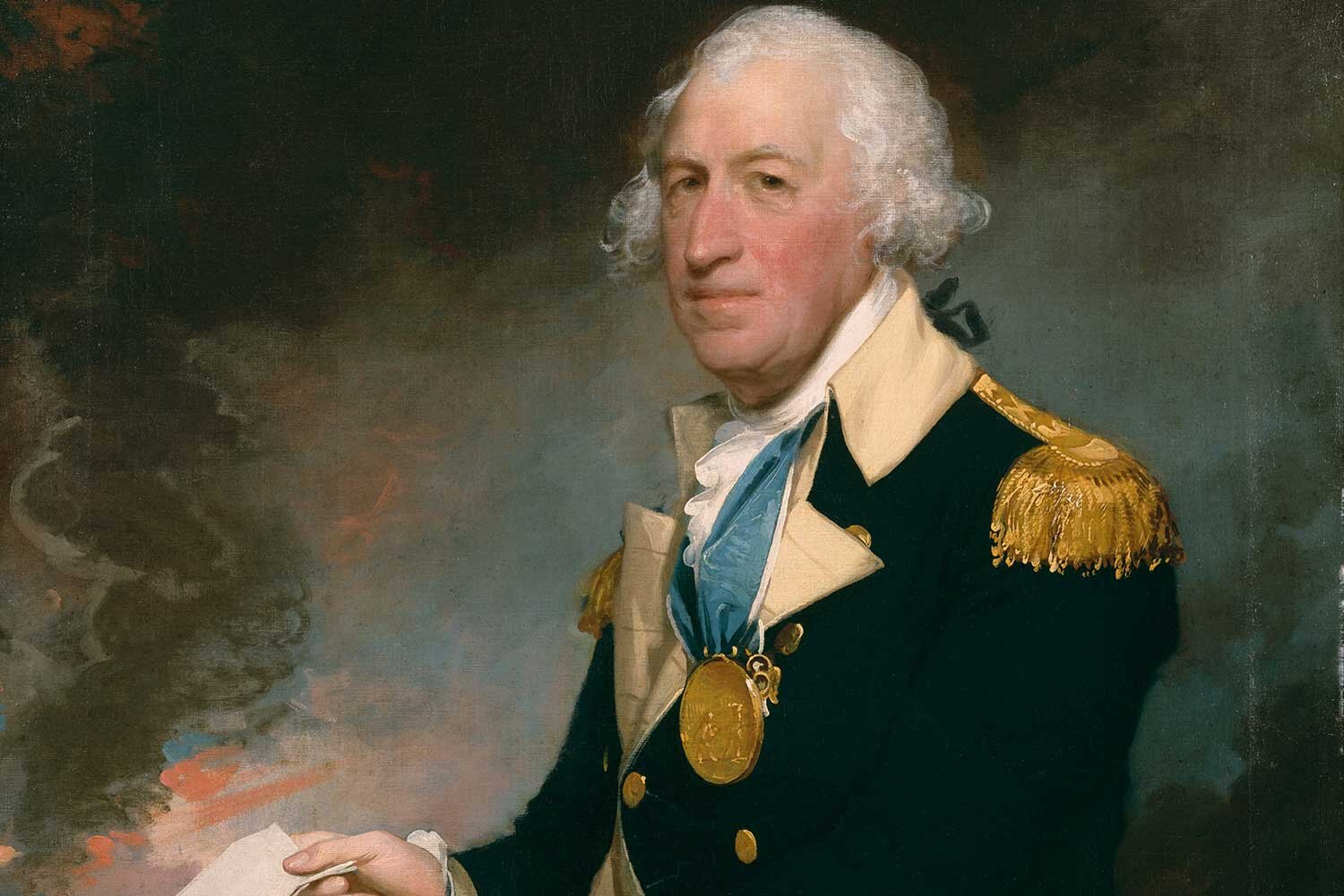
The Newburgh Conspiracy: Horatio Gates Stirs Up Controversy
By early 1783, America was close to finalizing its peace agreement with England, but the Confederation Congress had some issues to resolve with its own discontented Continental Army. At that moment, the internal threat of mutiny appeared worse than the external one posed by British forces.
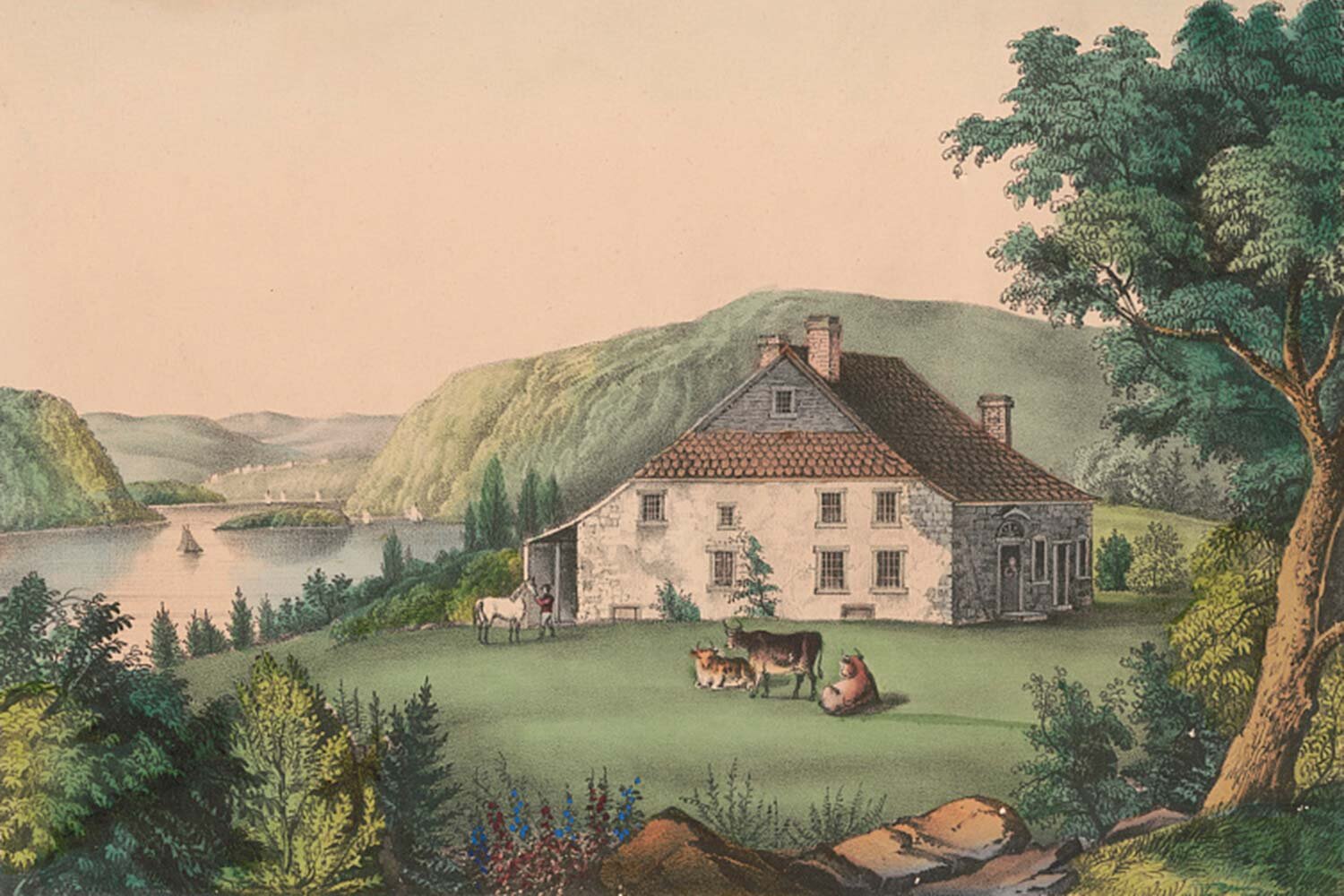
The Newburgh Conspiracy: How Widespread Unrest Almost Caused a Mutiny
We take civilian control of the military for granted today in America. However, were it not for General George Washington’s actions and words in the so-called Newburgh Conspiracy, things might be quite a bit different.




